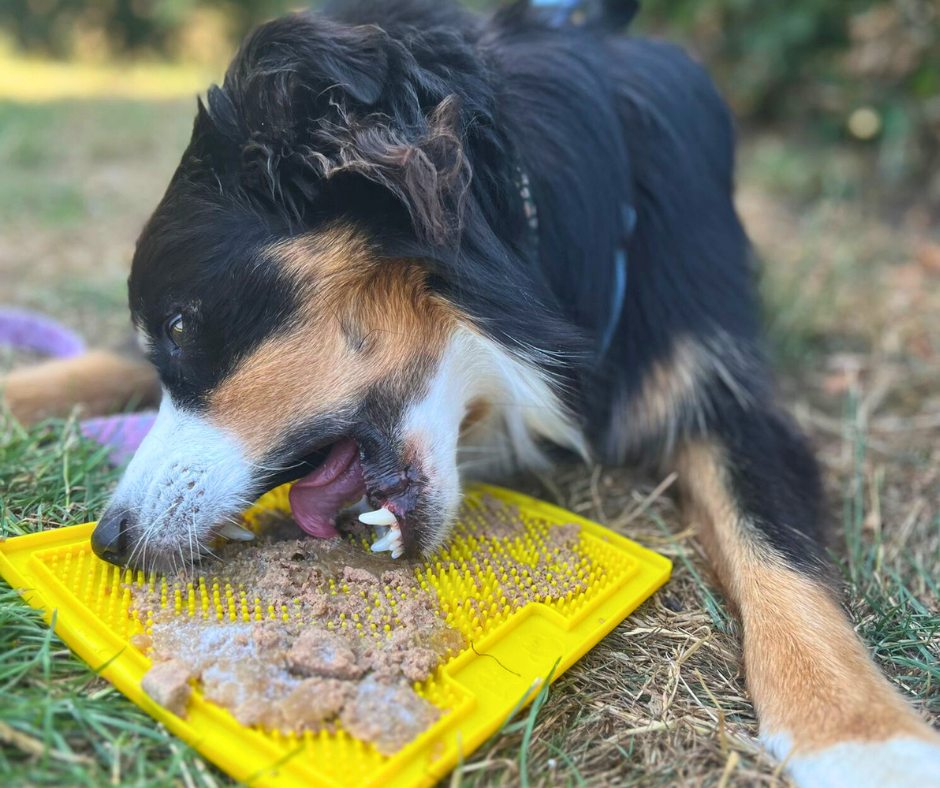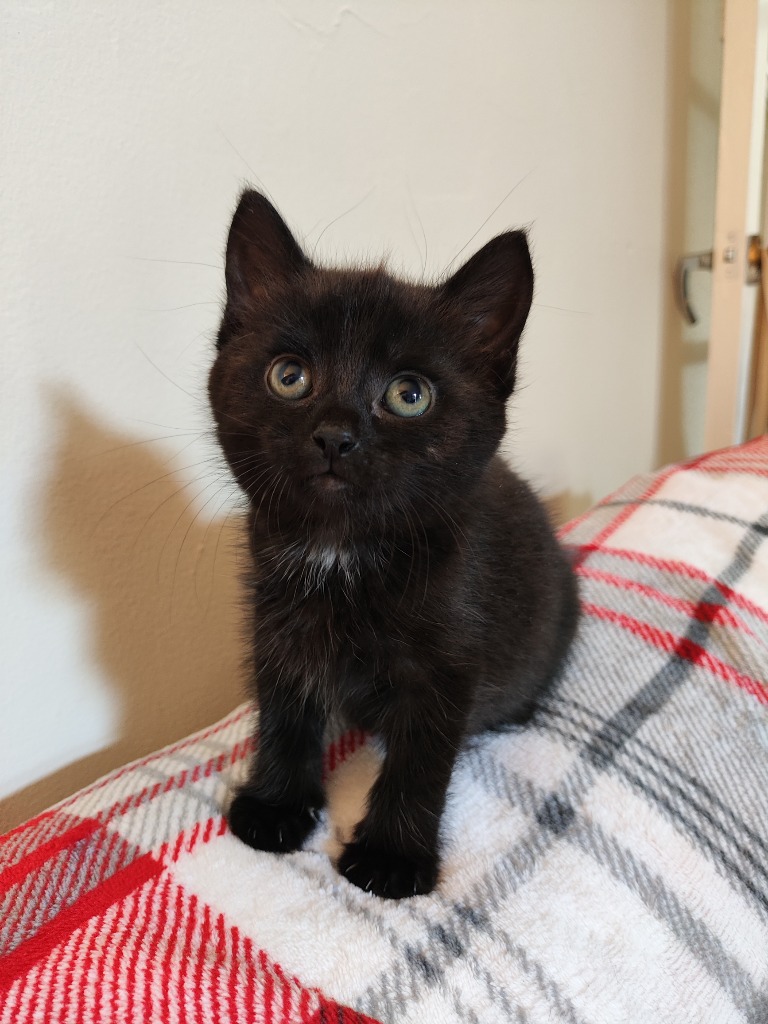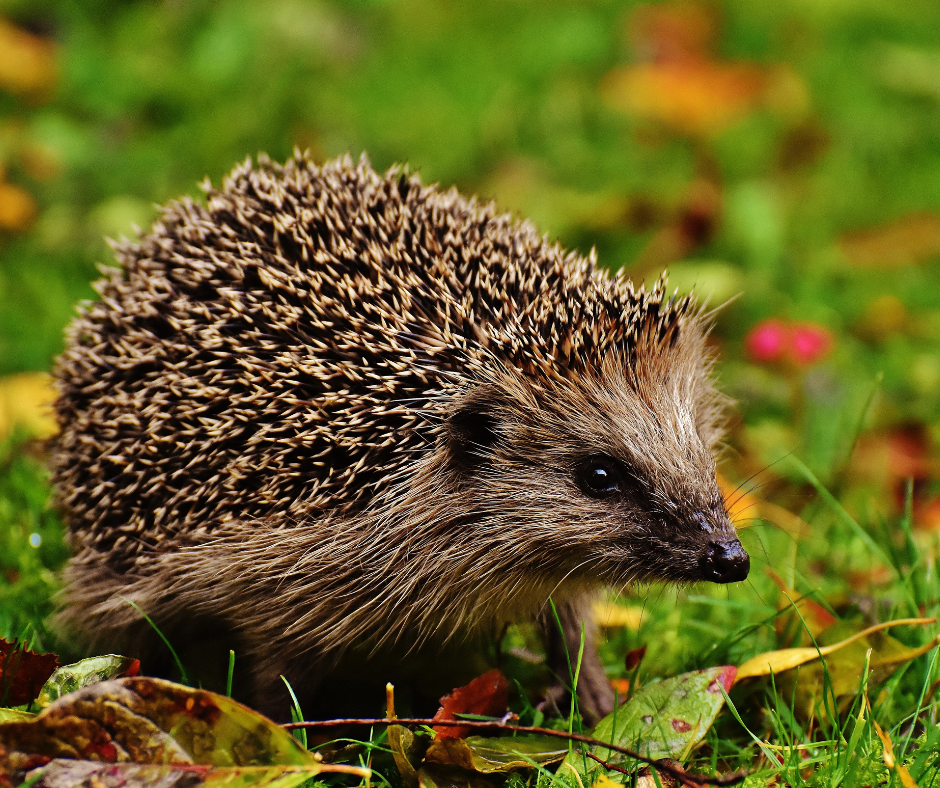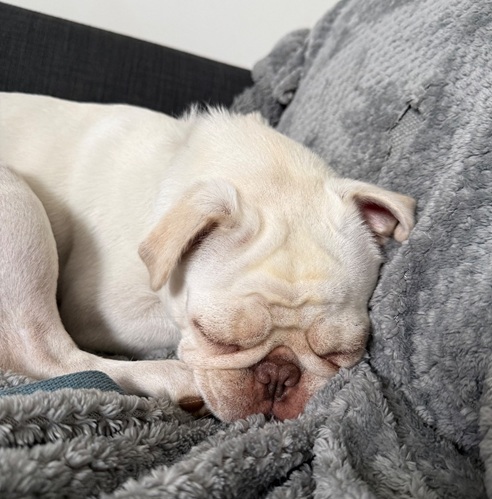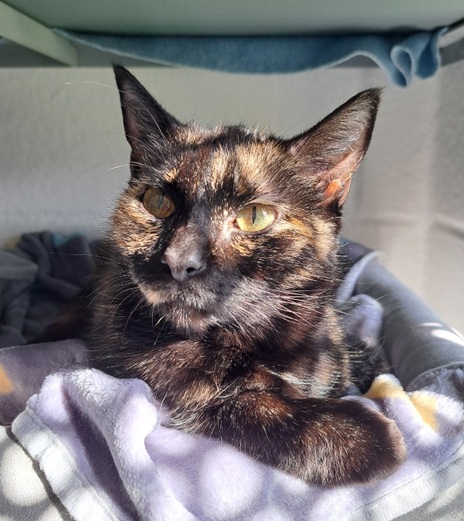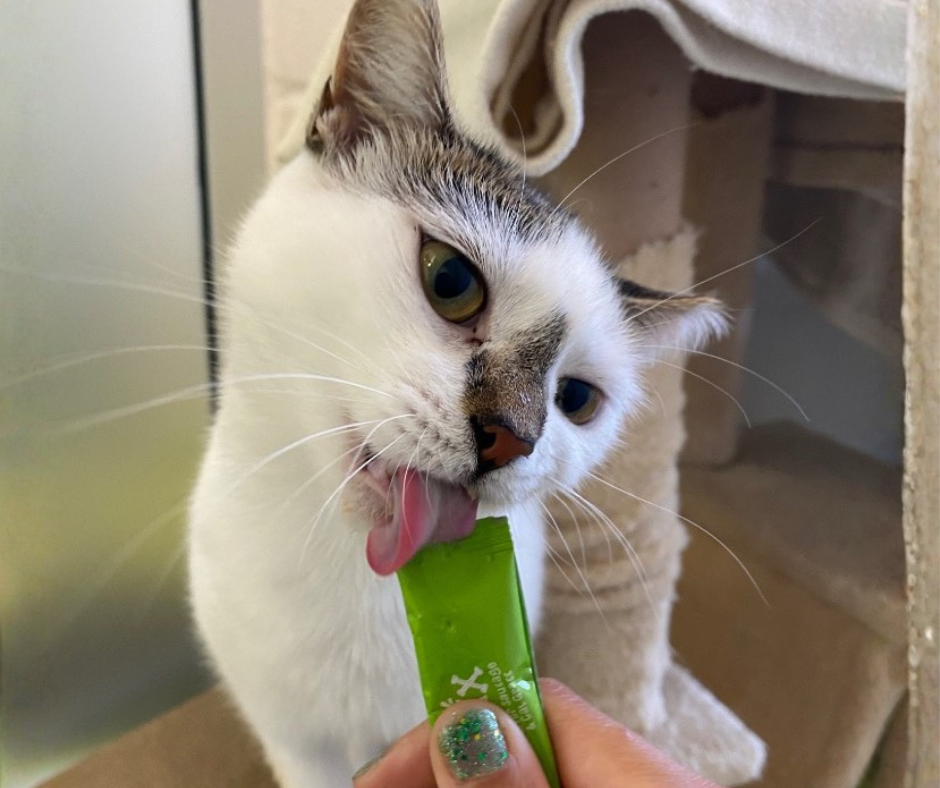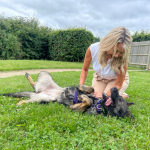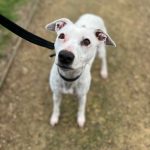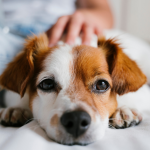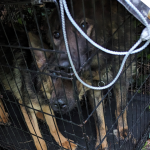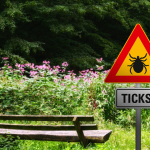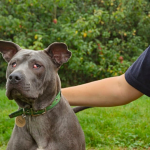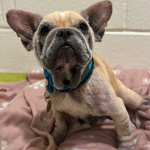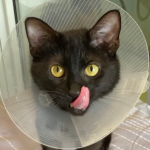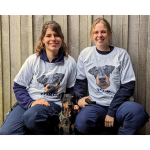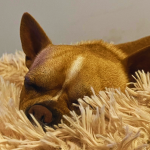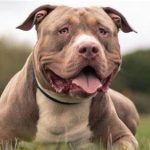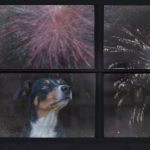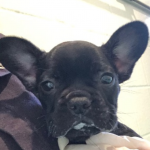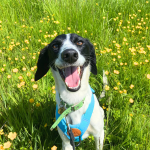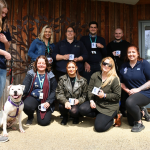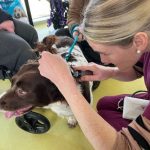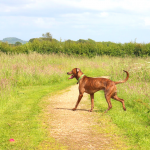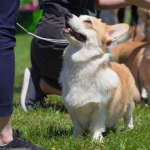
Firework Season: Choose Kindness Over Noise
While fireworks can be a source of entertainment for many, for animals, especially those in kennels the unpredictable loud bangs and flashing lights can be terrifying.
According to the RSPCA, approximately 62% of dogs show signs of fear when they hear fireworks, and 54% of cats and 55% of horses also experience distress during firework events.
These startling noises can lead to stress, anxiety, and even injury as animals attempt to escape the source of the noise
The RSPCA receive on average 400 calls each year relating to their use across England and Wales and sadly, around 62 percent of dogs show signs of distress as a result of their loud, unpredictable bangs and bright flashes.
Fireworks and the Environment
Fireworks don’t just affect our pets, they also impact wildlife and the local environment. The loud explosions and bright flashes can:
- Disturb wildlife: Birds, small mammals, and farm animals can become frightened, abandon nests, or injure themselves while fleeing.
- Cause pollution: Fireworks release smoke, heavy metals, and chemicals into the air and soil, which can affect plants, water sources, and animals.
- Increase litter: Spent firework shells, debris, and packaging often end up in parks, gardens, and waterways, posing hazards to wildlife.
By choosing alternatives such as community displays or silent fireworks, or by donating to help animals instead, we can reduce these negative impacts while still enjoying the season safely.
At the Cotswolds Dogs & Cats Home, we do everything we can to help them feel safe, we provide:
This year, choose kindness over fireworks.
Top Tips To keep your Pet Safe During Fireworks
A: Create a safe, quiet space in your home where your pet can retreat. Include a comfortable bed, their favourite toys, and water. Closing curtains and playing soft music can help mask the noise.
A: Avoid walking your dog during the peak of fireworks, usually 5–11 pm. If they need a toilet break, keep them on a lead and use a harness for extra security.
A: Yes! Gentle reassurance, calm voices, and quiet petting can help them feel safe. Avoid punishing or scolding, as this can increase anxiety.
A: Yes -anxiety wraps, pheromone diffusers, and calming supplements can be helpful. Speak with your vet for advice on what’s suitable for your pet.
A: Ensure your pets are microchipped and have up-to-date ID tags. Close doors and windows, and check your garden fencing. Never leave pets unattended outside during fireworks.
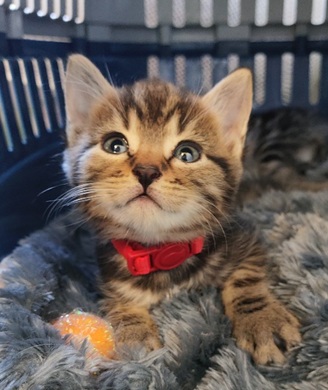
Thank you for caring!
Categories
- Appeals (3)
- Events (7)
- News & Updates (65)
- Happy Tails (23)
- Past Appeals (94)
- Past Events (98)
- Support & Advice (46)
- Challenge Events (2)
Recent Posts
Related posts


Buy a Cat or Dog a Dinner This Christmas

Gift a Second Chance This Christmas | Big Give 2025

Bailey's Story
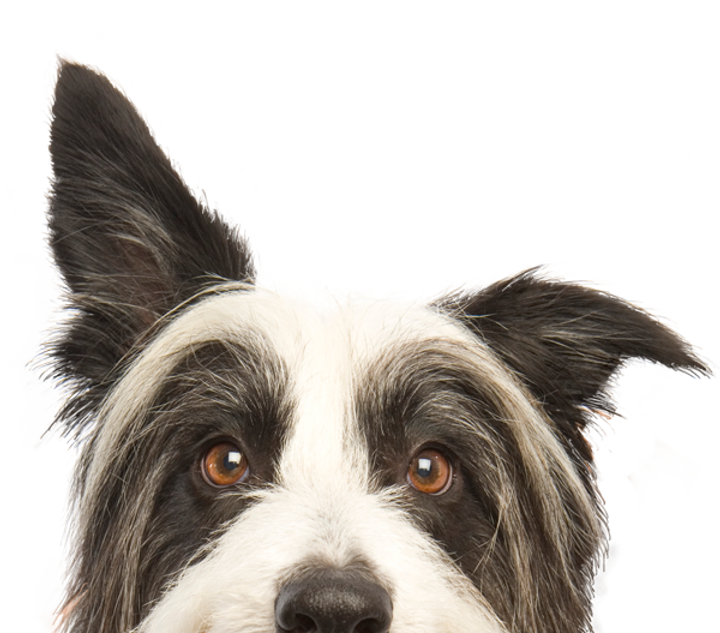
To report cruelty or an animal in distress call 0300 1234 999

